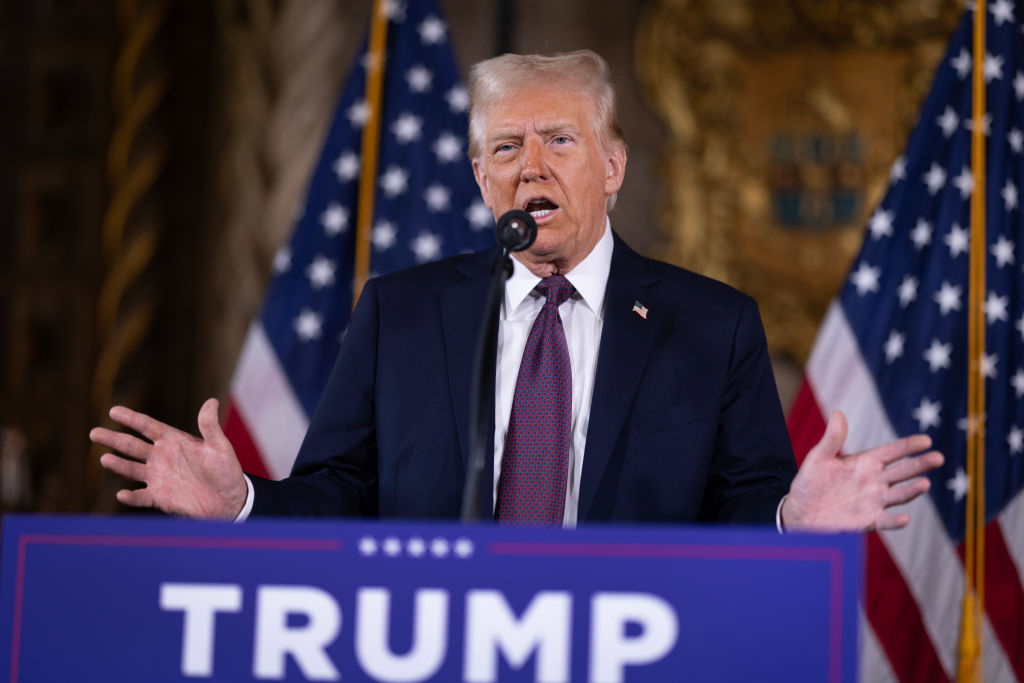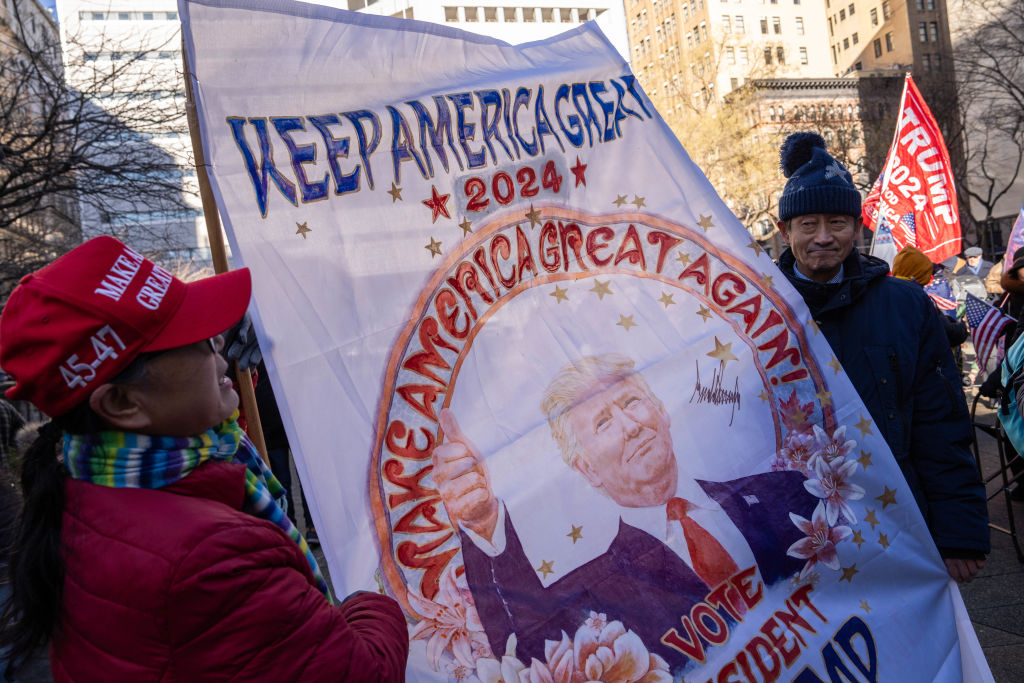I want to talk about two things in this column: bills of attainder and kangaroo courts. The two often go together.
What is a “bill of attainder?” We get the term from English law. A person or persons whom the people in charge don’t like is “attainted.” Forget about due process, presumption of innocence, or any such quaint ideas. Bills of attainder worked through the untrammeled deployment of state power. To be accused was tantamount to being found guilty; common penalties included the abrogation of the right to own property, and, not infrequently, the right to life itself.
The American colonists had plenty of experience of bills of attainder, which is why the Founders made sure to include in Article I of the Constitution the instruction that “No Bill of Attainder or ex post facto Law shall be passed.”
What is an “ex post facto law?” It is a sort of cousin to bills of attainder, generally written with a certain application in mind. For example, in New York, there was a statute of limitations on charges of sexual assault. It had long passed by the time E. Jean Carroll got around to accusing Donald Trump of raping her in a dressing room at Bergdorf’s thirty-some-odd years ago. No problem! An enterprising pol had the law temporarily changed so that Carroll could go after Trump.
Which brings me to kangaroo courts — the name implies a willingness to hop over procedure, precedent and law; “kangaroo court” has come to be a synonym for egregiously biased or unfair courts.
Again, what’s been happening to Donald Trump provides the most dramatic, but hardly the only example. And it is worth noting that this is not a recent phenomenon. Back in 2016, when Trump had the indelicacy to be elected president, I noted that Robert Mueller’s Russia collusion investigation was so indiscriminate and wide-ranging that it amounted to a bill of attainder.
Of course Trump is not the only target of the state’s animus. Anyone who embarked on a self-guided Capitol tour on January 6, 2021 is eligible. Joe Biden is not known for his eloquence or rhetorical precision. But I am surprised more has not been made of his recent boast that more than 800 people had been arrested and jailed in connection with the FBI’s dragnet regarding that rambunctious fedsurrection. Imagine boasting that members of the other party had been jailed by your judicial system.
In fact, there have been something on the order of 1,300 convictions with many, many more to come. Some people object when I say that this is an instance of Stalinist “justice” in action. But think about this: so far, the conviction rate for people charged in connection with January 6 is 100 percent. True, some people were exonerated on some charges. But no one, not one grandmother or tourist from Terre Haute, has been fully exonerated. It is a record even Stalin would have been proud of.
Or think about what just happened in New York. The state’s attorney general, Letitia James, campaigned on the promise to “get Trump.” And in Arthur F. Engoron, a justice in the state’s Supreme Court, she found an instrument to fulfill her promise. Trump was accused of overvaluing his assets to obtain bank loans. Unfortunately for that accusation, Trump actually paid back the loans, with the specified interest, and so the banks were happy and said they would do business with him again. This was a trial for fraud in which no one had been defrauded. There were no victims, no harm, no money lost.
Not good enough, said Engoron, who denied Trump a jury trial, imposed a gag order and adopted the NKVD principle “show me the man and I will show you the crime.” Trump is Trump, ergo Trump is guilty. No one was really surprised by the verdict. It was the stunning penalty that occasioned a sharp intake of breath. Engoron assessed the former president a fine of $355 million. Further, he stipulated that if Trump dared appeal, he would have to post a bond of some $450 million. Furthermore, for a period of three years, he was prohibited from running any business in New York and enjoined from obtaining loans from any New York banks.
The reaction in the business community was swift and frigid. Many investors said they would cease doing business in New York. Governor Kathy Hochul allowed that the judgment might make the business community nervous. But really, she said, they “have nothing to worry about.” This was a “an extraordinarily unusual circumstance.” It was, after all, Donald Trump. We wouldn’t do to you what we just did to him.
In other words, Hochul admitted that the state had in effect issued a bill of attainder against Donald Trump. The business community was not mollified. As one Canadian businessman observed, what Trump did was something every developer in every city in the country does as a matter of course. If we are going to impose confiscatory, draconian punishments upon Trump, he said, “let’s penalize all the developers all across America. They’ve all done the same thing. All of them should go to jail and we should stop building buildings.”
Indeed. And let’s not forget the context. Donald Trump is the presumptive GOP nominee for president. The Biden administration and its surrogates are desperately trying to derail his candidacy by subjecting him to wholesale political prosecution. As commentator Mark Steyn, who has just endured his own bout of kangaroo-court prosecution, noted, “The ‘banana republic’ jibes don’t capture the scale of what’s going on here — for what ramshackle basket-case in Latin America has ever had the need to confiscate half-a-billion from its political opponent and pass it off as ‘justice?’”
This article was originally published in The Spectator’s April 2024 World edition.


























Leave a Reply